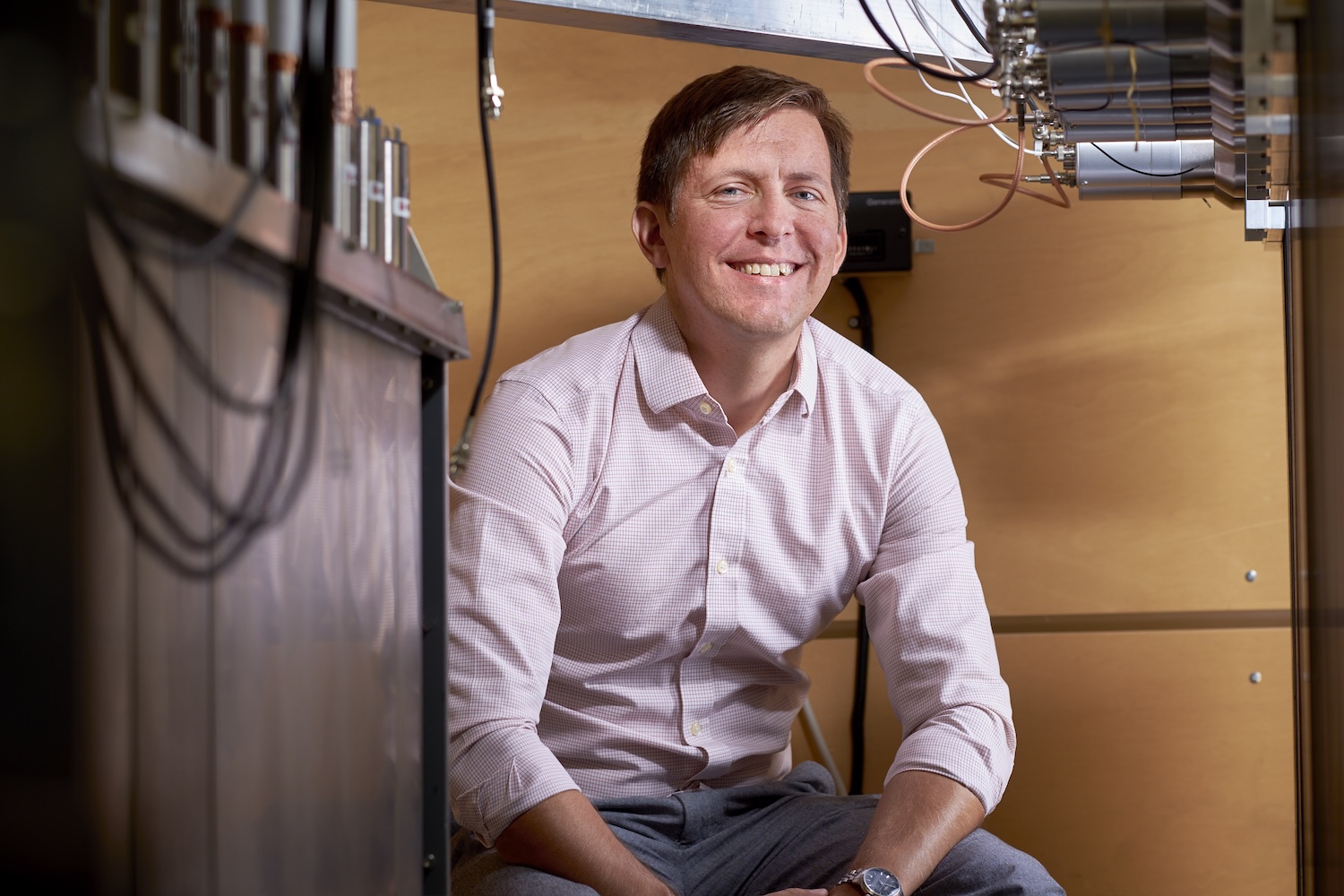NE Heads National Effort to Train Nonproliferation Experts
This past April, the University of Tennessee opened the Enabling Capabilities in Technology (TECH) Consortium, a UT-led effort to develop a skilled workforce capable of advancing the nation’s important goals in nuclear energy, data science, and nuclear nonproliferation.
Funded by the Department of Energy (DOE) National Nuclear Security Administration’s (NNSA) Office of Defense Nuclear Nonproliferation (DNN), TECH consists of 35 research faculty from 15 academic institutions across the country—including UT, North Carolina State University, the Massachusetts Institute of Technology, and Virginia Tech. Selections were based on faculty members’ research experience, scholarship, and declarations of interest.
In addition to conducting new research in areas critical to nuclear nonproliferation, the faculty members will educate and prepare talented graduate students and postdoctoral researchers for roles in nuclear security and related sectors.
“Many of the consortium leaders have experience educating students for placement in the national labs while also engaging in productive research with national laboratory partners,” said TECH Director Jason Hayward, a professor and United Cleanup Oak Ridge (UCOR) Fellow in the Department of Nuclear Engineering (NE) within UT’s Tickle College of Engineering (TCE).

Six UT faculty and two UT PhD alumni were selected to act as leaders in the consortium’s technical areas, which include data science for nuclear nonproliferation, advanced nuclear fuel and reactor systems engineering, radiochemistry, and nuclear activity detection and location technologies. The consortium’s executive team is comprised of six UT faculty and one UT PhD alumnus.
Halfway through its first year, TECH has already recruited over 60 consortium graduate students and postdoctoral researchers across a wide variety of scientific and engineering disciplines. All of them will be paired with mentors from the eight National Laboratories participating in the consortium, including Lawrence Livermore National Laboratory, Los Alamos National Laboratory, and the Oak Ridge National Laboratory (ORNL) near UT.
“The aspect of this consortium that I’m most excited about is getting to educate and interact with our new cohort, who will make up the next generation of researchers and leaders at our nation’s national laboratories,” Hayward said.
UT a Longtime Leader in NE
With NE’s status as third in the nation among nuclear engineering graduate programs and TCE’s strong history of placing graduate school alumni in relevant nuclear disciplines and supporting government agency positions, Hayward felt that UT was the best equipped university to lead this kind of cross-institutional effort.
That’s why he took the lead in drafting the proposal for DNN TECH and volunteered to be its first director.
“We have a strong, active relationship with the DOE national laboratories, especially ORNL,” Hayward said. “UT’s culture provides a national example for successful university-national lab integration.”
While the consortium’s researchers and trainees work and study all across the United States, the majority of the cohort will travel to Knoxville next year when the TECH Consortium hosts the NNSA’s University Program Review Meeting from June 2-4, 2026. The event, hosted at the UT Student Union, will bring hundreds of university, national laboratory, and government attendees from across the country to explore and enjoy the beautiful facilities of UT and the scenic, vibrant city of Knoxville.
Contact
Izzie Gall (egall4@utk.edu)
